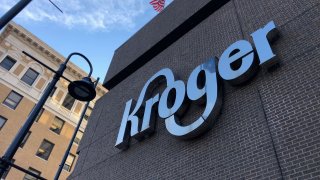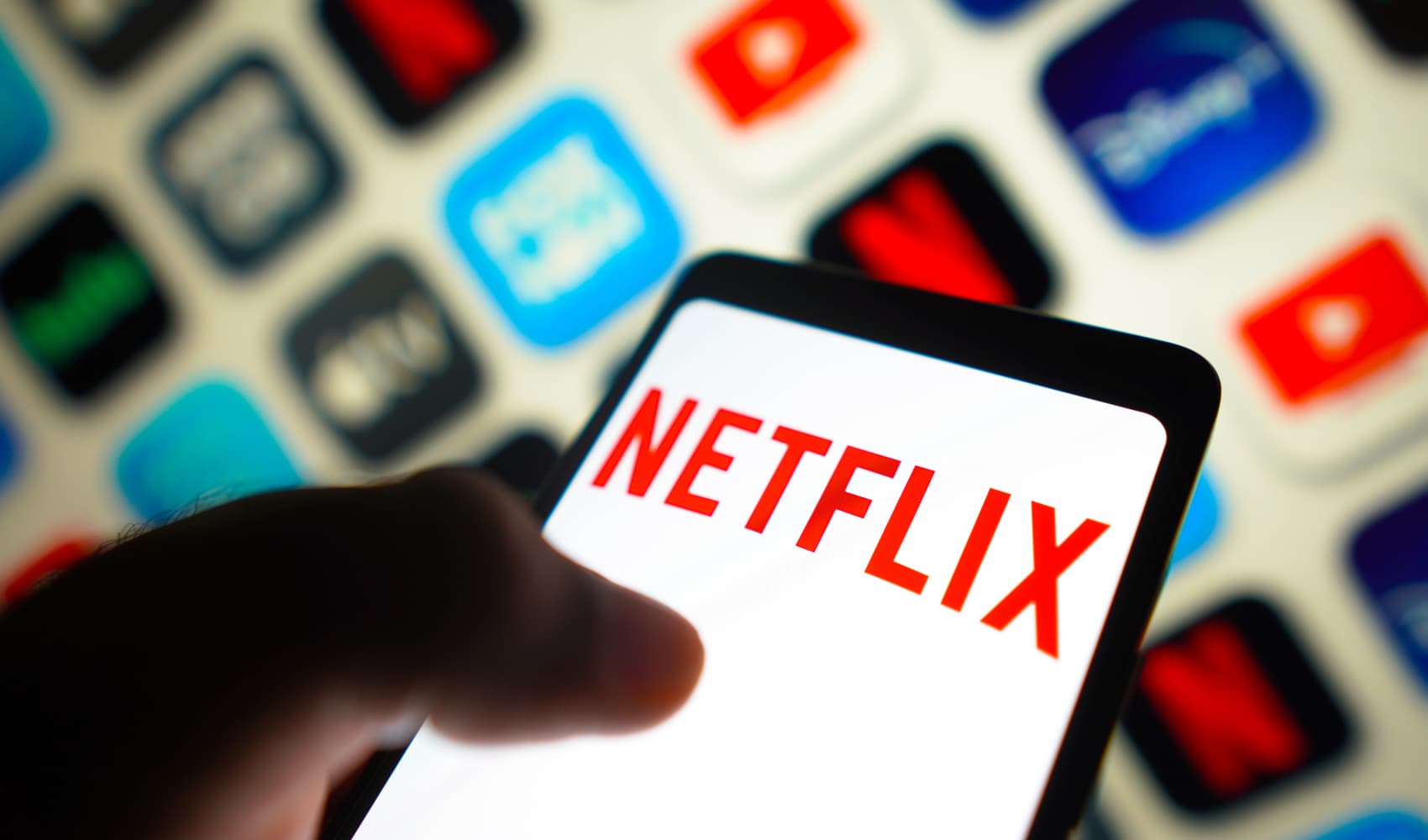
- Kroger said it has agreed to pay $1.2 billion to U.S. states, local governments and Native American tribes to settle the majority claims that it fueled the opioid epidemic through lax oversight of its pill sales.
- That settlement would allow for "full resolution" of all claims on behalf of those parties, Kroger said in a release ahead of its second-quarter earnings.
- Still, the company said the settlement is not an admission of wrongdoing or liability.
Kroger on Friday said it has agreed to pay $1.2 billion to U.S. states, local governments and Native American tribes to settle the majority of claims that it fueled the opioid epidemic through lax oversight of its pill sales.
The settlement would allow for "full resolution" of all claims on behalf of those parties, the company said in a release ahead of its fiscal second-quarter earnings. Kroger is now the latest retail pharmacy chain to announce a nationwide settlement agreement after Walgreens, CVS and Walmart did last fall.
Get South Florida local news, weather forecasts and entertainment stories to your inbox. Sign up for NBC South Florida newsletters.
Still, Kroger said the settlement is not an admission of wrongdoing or liability.
"Kroger will continue to vigorously defend against any other claims and lawsuits relating to opioids that the final agreement does not resolve," the company said in the release.
Shares of Kroger were up 4% in early trading Friday.
Money Report
Kroger will pay $1.2 billion to U.S. states and local governments and $36 million to Native American tribes over 11 years. The company posted a net loss for the second quarter as it took a $1.4 billion charge related to the settlements and associated legal fees.
State and local governments have filed thousands of lawsuits against drug companies and wholesalers accused of contributing to the oversupply of prescription drugs that fueled the opioid epidemic, resulting in a plethora of settlement deals.
More than 564,000 people died from overdoses involving any opioid, including prescription and illicit opioids, from 1999 to 2020, according to the latest data from the Centers for Disease Control and Prevention.
Most deaths initially involved prescription drugs. Governments, doctors and companies took steps to make them harder to abuse and obtain, but people with opioid use disorder increasingly switched to heroin, which proved to be more deadly.
Several companies announced nationwide opioid settlements within the last year.
In November, Walgreens agreed to pay $4.95 billion to U.S. states, local governments and tribes to resolve all opioid claims. The company also settled with West Virginia, which had the highest number of opioid-related overdose deaths nationwide, in January for $83 million.
Also in November, CVS agreed to pay $5 billion to states, local governments and tribes to resolve all opioid-related lawsuits. The retail pharmacy also settled with West Virginia for $82.5 million last fall.
Walmart in December finalized a $3.1 billion nationwide settlement agreement with all U.S. states and local governments to resolve all opioid-related lawsuits. Walmart settled with West Virginia for $65 million a few months earlier.
Rite Aid has not reached any nationwide opioid settlement, but the company agreed to pay $30 million to West Virginia last fall. Rite Aid is reportedly preparing to file for bankruptcy within a few weeks to help restructure its debt and potentially halt ongoing opioid lawsuits.






